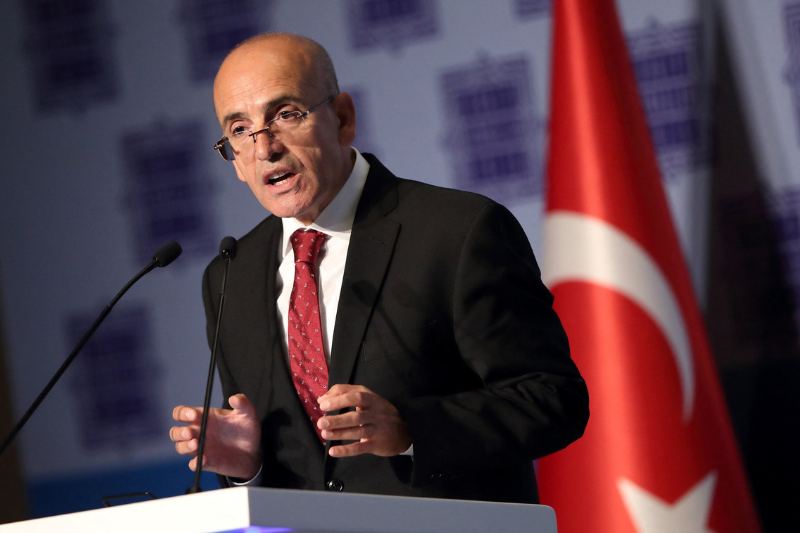
Turkey’s Economic Policy Shift: Implications and Risks
Turkey recently updated its economic projections, signaling a substantial policy change towards a more conventional strategy to solve its long-standing economic difficulties. The major announcements made by Turkish President Tayyip Erdogan are examined in this article along with any prospective ramifications.
Erdogan’s Proclamations
President Erdogan emphasized the critical role that a strict monetary policy will play in reducing the nation’s escalating inflation. He was adamant that Turkey would not give up on economic growth as changes to policy became effective. These declarations were made in the context of updated government economic forecasts.
Revised Economic Projections
Compared to earlier projections, the government’s current forecasts show a significant change. Annual inflation, which has been a chronic worry, is now anticipated to climb significantly from earlier projections, rising to 65% by the end of 2023 and 33% in 2024. Forecasts for GDP growth have also been revised downward, to 4.4% for 2023 and 4% for 2024. It is important to note that despite being lower, these revised growth numbers are still higher than most analysts had predicted. Furthermore anticipated to decrease is the current account deficit.
Keep Reading
Policy U-Turn
This shift in economic projections is part of a broader policy U-turn initiated in June. Erdogan appointed a new government and central bank governor after his reelection in May in the midst of growing economic difficulties. The nation’s currency reserves and credit markets were stabilized by the new leadership’s strong interest rate increases. The Turkish lira suffered considerable losses against the US dollar as a result, and annual inflation shot up to around 59%.
Implications and Challenges
In the upcoming months, the Turkish economy is anticipated to experience difficulties. The effects of the election-related stimulus measures are starting to wear off, and the recent interest rate increases are starting to put pressure on things. Analysts predict weaker economic growth, as well as the possibility of rising unemployment and inflation. President Erdogan’s determination may be put to the test by these economic challenges, especially as he tries to retake control of important cities in the upcoming municipal elections in March.
The Risk of Erdogan’s Patience
Erdogan’s history of firing multiple central bank governors over the years due to disagreements on monetary policy is well-documented. Prior instances of his efforts to reduce interest rates in the face of growing prices resulted in currency crises and extremely high inflation. If inflation continues to be chronically high, some observers worry that the president may lose patience. Long-term high inflation and the emergence of second-round effects, such as pay settlements, are possible outcomes.
The Risk of Erdogan’s Patience
Erdogan’s history of firing multiple central bank governors over the years due to disagreements on monetary policy is well-documented. Prior instances of his efforts to reduce interest rates in the face of growing prices resulted in currency crises and extremely high inflation. If inflation continues to be chronically high, some observers worry that the president may lose patience. Long-term high inflation and the emergence of second-round effects, such pay settlements, are possible outcomes.
Recent economic reforms in Turkey and updated forecasts represent a substantial change from prior strategies. These actions carry possible risks and uncertainties despite being intended to alleviate the nation’s long-standing economic problems. Both domestic and foreign observers will be attentively monitoring the effects on the economy and the political environment leading up to the municipal elections in March.




